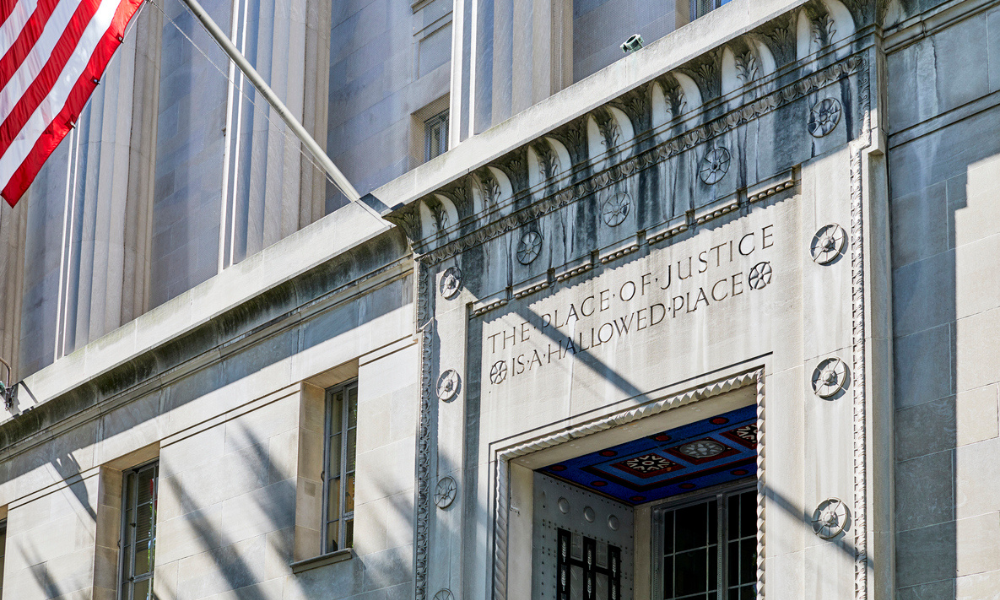The Australian family law system urgently needs reform, but it needs to be done right, they say

The Law Council of Australia and the New South Wales Bar Association disapprove of the Australian government’s push to merge the Federal Circuit Court and the Family Court of Australia through Parliament.
The Law Council, the nation’s peak legal body, said that as it is currently suggested, the merger will not alleviate the crisis in the Family Courts, which is affecting many Australian families. It urged the Senate to reject the merger.
The NSW Bar says that the Senate must carefully scrutinise the Federal Circuit Court and Family Court of Australia Bill 2018 and the Federal Circuit Court and Family Court of Australia (Consequential Amendments and Transitional Provisions) Bill 2018, which were passed by the House of Representatives on Tuesday. It said that the bills have been pursued without consultation with the legal profession, the community, and court users.
“There are significant shortcomings in the dual family law courts structure and the management of the family law system. But the court structural changes as proposed by the bills, will not produce efficiencies, reduce delays, or deliver anything of real value to the community. Nor will they reduce complexity or legal costs in the family law system. In fact, it could make the system worse,” said Morry Bailes, Law Council president.
He said that the PwC analysis that the federal government is basing the merger on is flawed because it does not make a business case or policy foundation supportive of the changes proposed by the bills.
The bills have proceeded through the House even though an inquiry into the bills is being conducted by the Senate Legal and Constitutional Affairs Committee, both the Law Council and the NSW Bar said. The merger had been slated for 1 January. Both lawyer bodies also point to the fact that the Australian Law Reform Commission (ALRC) is also conducting an extensive review of the family law system and is due to report by 31 March.
“It is premature for the government to bring on a debate on these bills without the benefit of the committee’s consideration and most importantly before consideration has been given to the views of members of the public, community groups and the legal profession. This is unfortunate, as these submissions would have made a valuable contribution to informing debate. The bills should not be debated let alone passed in the Senate before the Australian Law Reform Commission hands down the report arising out of its current comprehensive review of the family law system,” said Tim Game SC, NSW Bar president.
Bailes said that when the federal government commissioned the ALRC to undertake the comprehensive review of the family law system, the Law Council welcomed the move as timely.
“That review should be able to complete its work. It is appropriate that the government defer further consideration of the bills until proper time has been given for consideration of the final ALRC report,” he said.
Both organisations said that there is an urgent need to reform the family law system, but the change must be considered and done right. The NSW Bar said that many of the goals of the merger, such as cutting delays and cost, could be achieved without legislation via the creation of consistent court rules using powers already available to the government. It also said that the government needs to commit funds and resources to the family law system and to legal aid, a call the Law Council has also made.
“There is no escaping the fundamental issue here: governments have failed to provide proper funding and resourcing to the existing family law courts system and to Legal Aid Commissions. That is overwhelmingly the source of the delays and inefficiencies and only additional funding can fix it. This is what is needed to truly help Australian families caught up in the system,” Bailes said.
“Furthermore, some of the administrative efficiencies sought by the merger can be achieved far more easily. Moving to a single point of entry, harmonising rules and forms, unifying of procedures – all can be implemented without further delay by the relevant heads of jurisdiction. They have near universal acceptance and can be implemented by reference to the rules of court with no legislative amendments required,” he said.









